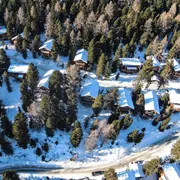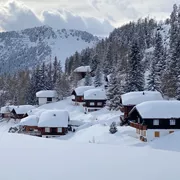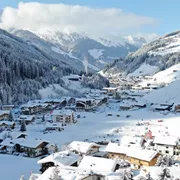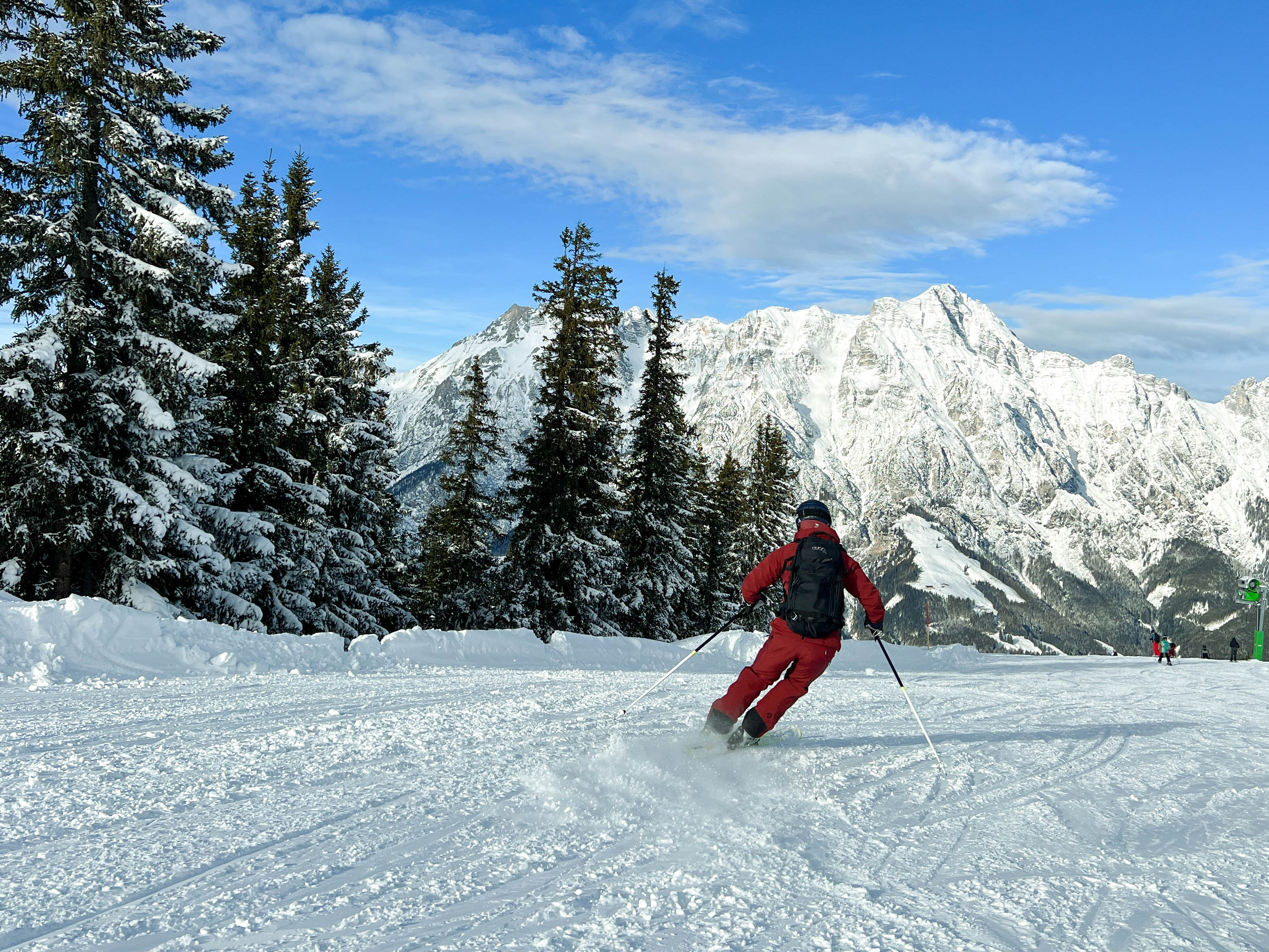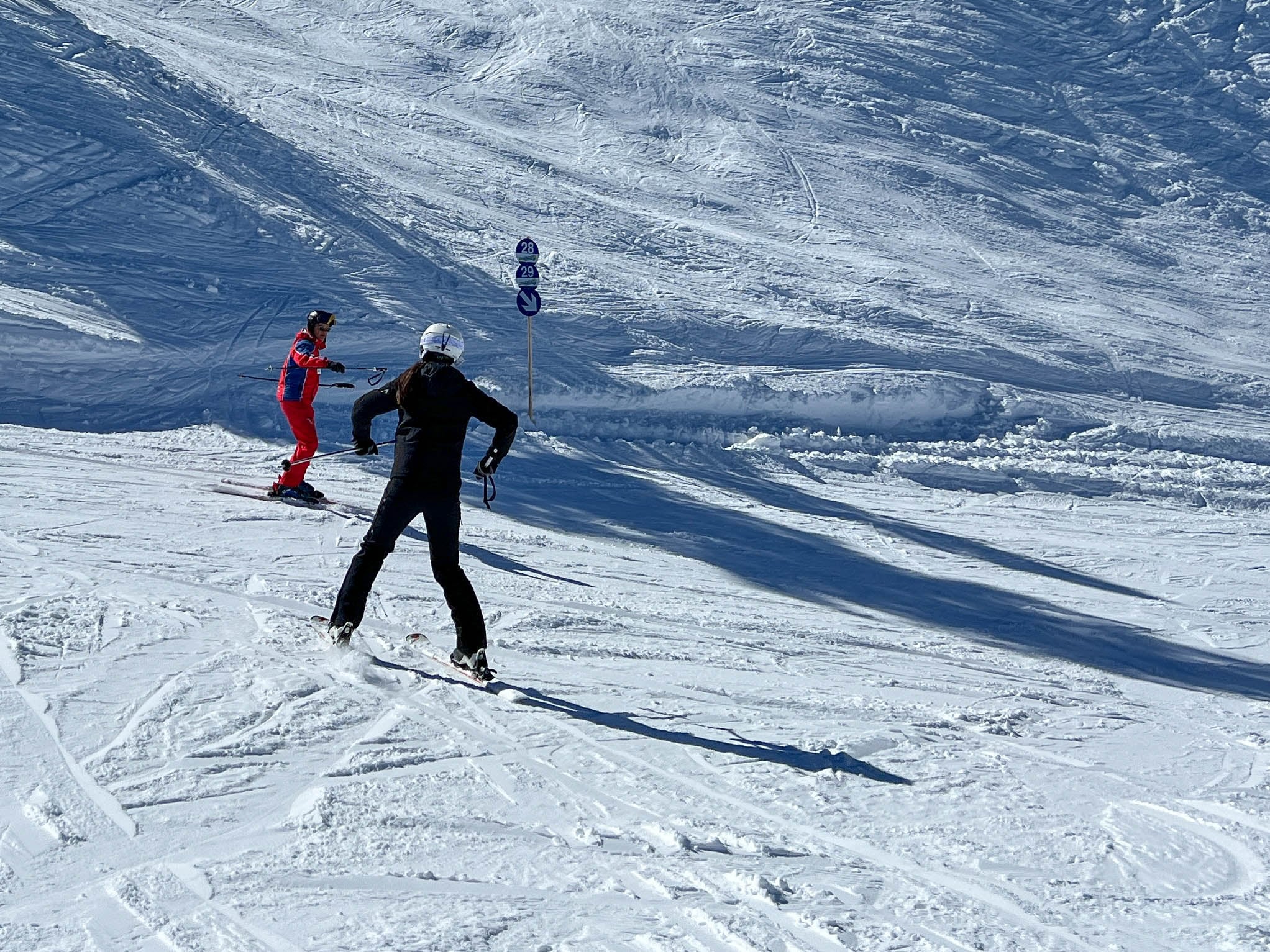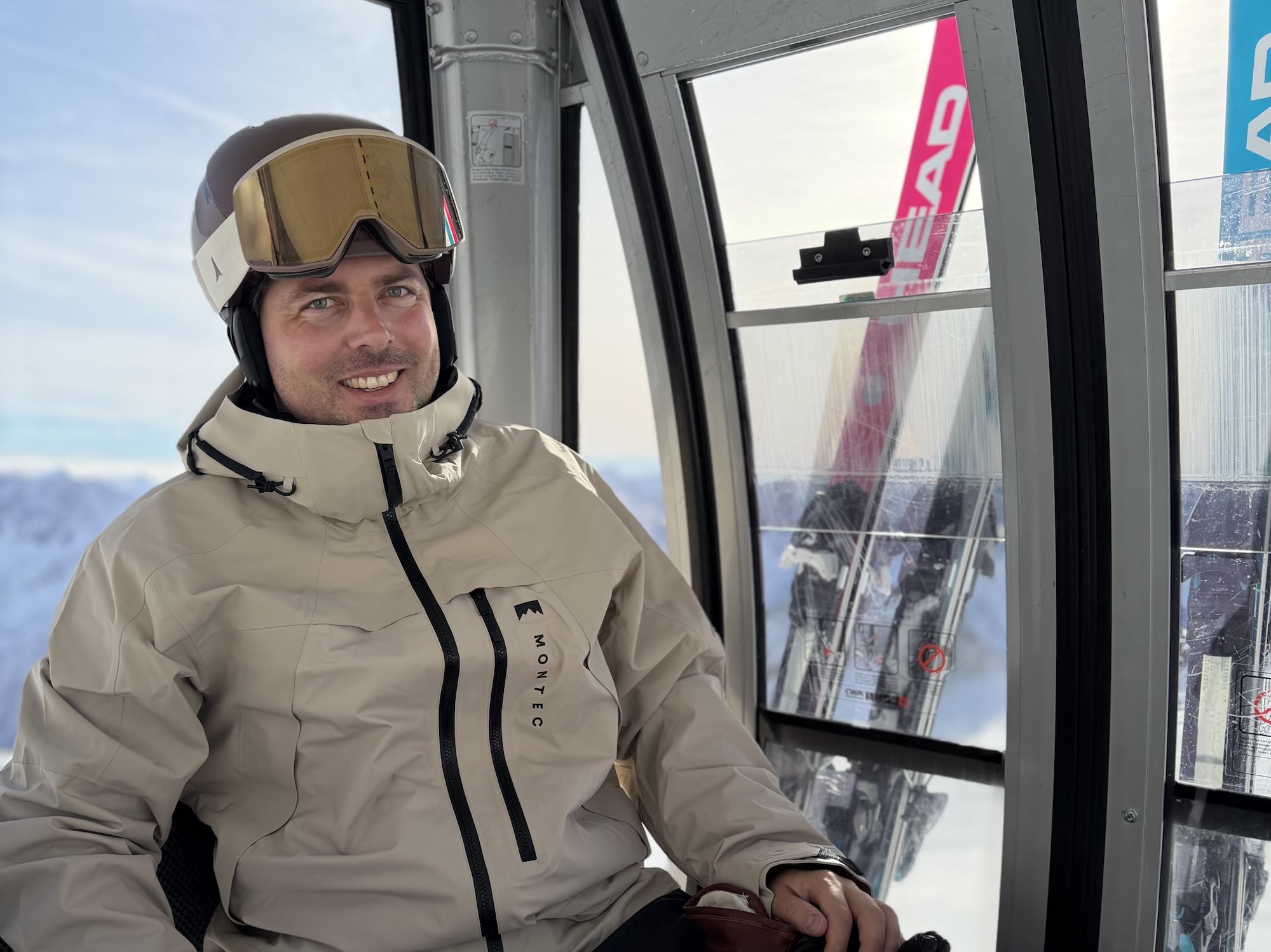

The ski resort of Luchon Superbagnères in the French Pyrenees has opted for drastic measures to ensure snow cover over the holidays: it's using a helicopter to move snow to its lower slopes, where it's needed to be able to run the ski schools. Needless to say, this move has brought heavy criticism from no shortage of people.
Drastic decisions in times of crisis
During almost three hours, the ski resort transported some 60 tonnes of snow by helicopter from higher-altitude to lower-altitude slopes. The local union and the president of the Haute Garonne department where the ski resort is located defended the decision, saying that the snow will enable between 50-80 workers to keep their jobs. These include the ski resort staff, ski school instructors, hire shop and restaurant staff. The ski resort had been unable to open over the Christmas holidays due to the lack of snow and warm temperatures, which precluded the making of artificial snow. It looked like it would have to keep the doors closed over France's February school holidays as well. In a press release, the president of the local union said this was an exceptional measure taken in times of crisis, without the intention for it to become a regular procedure. French news agency FranceInfo released this video of the helicopter:
Flying in snow by helicopter "not a viable option"
Élisabeth Borne, Minister of the Ecological and Inclusive Transition, stated that in view of the high amounts of pollution it causes, using a helicopter to ensure snow cover is not a viable option. Along with other government officials, Borne stated her intention to talk with the responsible parties this week. Among other things, the talks will concern just how ski resorts should be transporting snow to the slopes, as transport by truck is also considered too environmentally unfriendly. One possible solution would be to amplify the selection of winter activities, so that the ski resorts wouldn't rely so much on snow cover on the slopes. But the local ski resorts say this will take years to implement, and during the transition period they need other options that will keep them open when natural snow is in short supply.
Climate change taking its toll on the ski industry
Luchon Superbagnères isn't the only ski resort struggling to keep up with diminishing snowfall in recent years - just this week, French president Emmanuel Macron visited a melting glacier at Mont Blanc and vowed to take steps to protect the country's natural assets. And an IOC report recently warned that if things continue along this vein, "the ski season may start up to a month later and finish up to three months earlier." The cross-country skiing World Cup in Czechia, as well as a ski jumping competition in Oberstdorf, had to bring in old snow to cover the tracks and make the competition viable.
How to ensure snow cover, if not by helicopter?
Over the past decade or so, ski resorts across the Alps have been toying with different methods to ensure reliable snow cover for their ski slopes. One promising method seems to be snow farming, in which portions of snow are protected by an insulating material at the end of the season to keep them from melting over the summer. Of course, artificial snow is always an option, but even this has drawn criticism from environmental watchdogs, who point to the carbon emissions generated when it's produced in certain ways. That's not to mention the fact that artificial snow requires cold temperatures, and temperatures are getting warmer every year.

